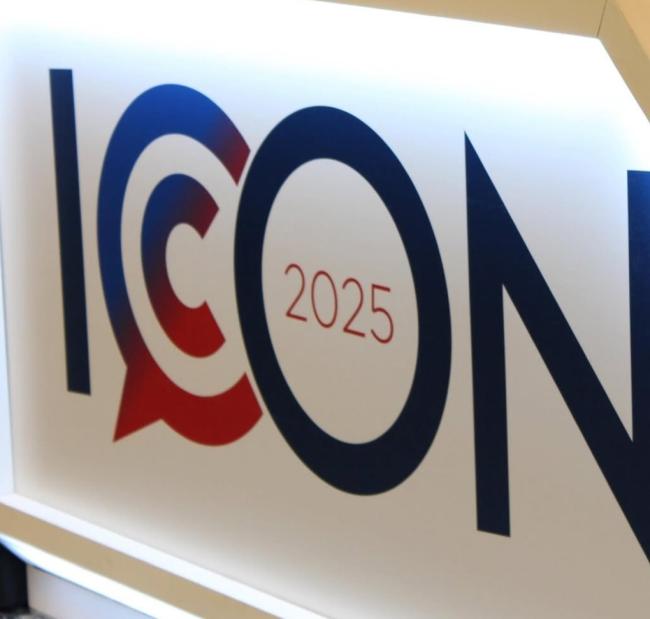Waynesburg University is accepting proposals for its annual Regional Counseling Conference, which will take place Friday, March 10, 2023, in Canonsburg.
We are pleased to continue to host this opportunity for professionals to share resources and strategies for mental health and substance use treatment in our region this year including a specific emphasis on addressing ACEs."
This year’s conference, Elevating Voices: Adverse Childhood Experiences, is seeking current and relevant information regarding the impact of Adverse Childhood Experiences (ACEs) on children, youth and transition-aged individuals as well as corresponding evidence-based practices to improve treatment outcomes.
The deadline to submit a proposal for consideration is Friday, Jan. 13, 2023.
“We are pleased to continue to host this opportunity for professionals to share resources and strategies for mental health and substance use treatment in our region this year including a specific emphasis on addressing ACEs,” said Dr. Devon Bowser, director of Graduate Counseling Programs and associate professor of counseling at Waynesburg University.
Individuals such as licensed professional counselors, professional counselors, counselor educators, clinical supervisors, community stakeholders, human resources professionals and other members of the behavioral health workforce are encouraged to submit a proposal.
Waynesburg University’s Regional Counseling Conference is the product of the Health Resources and Services Administration’s (HRSA) Behavioral Health Workforce Education and Training (BHWET) Program for Professionals. The BHWET program emphasizes developing and expanding experiential training opportunities, such as field placements and internships, to improve the sustainability of the behavioral health workforce.
The BHWET program accentuates relationships with community-based partners to increase access to quality behavioral health services for populations across the lifespan in high need, high demand and medically underserved areas. Special attention is given to vulnerable populations, such as children, adolescents and transitional-aged youth, who are at risk for behavioral health disorders as well as individuals with substance use disorders.


